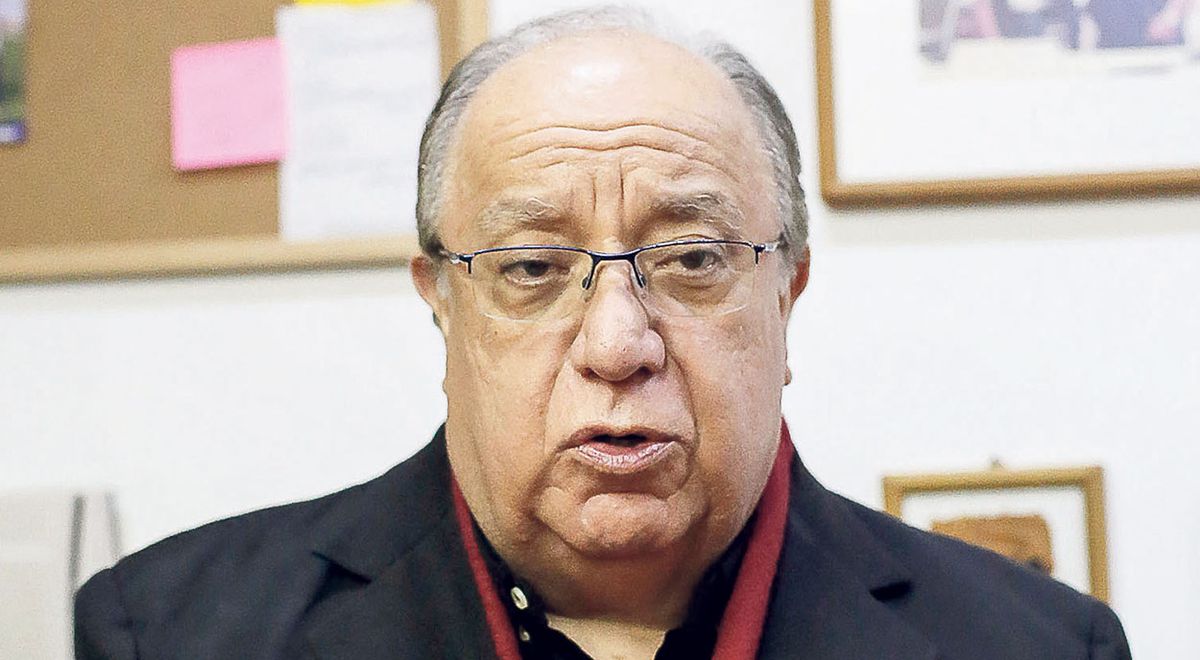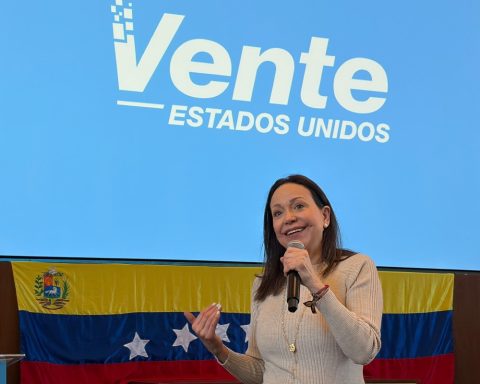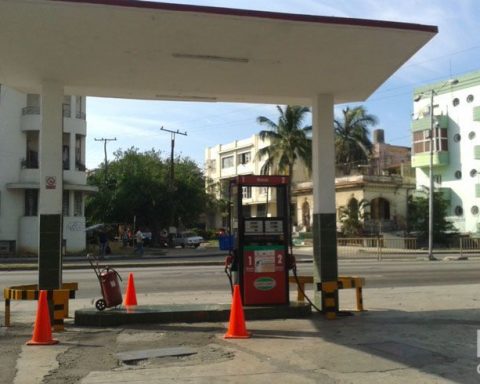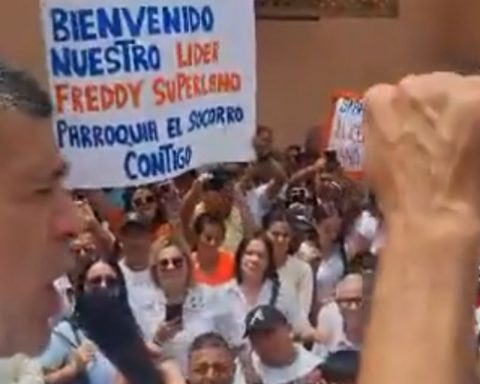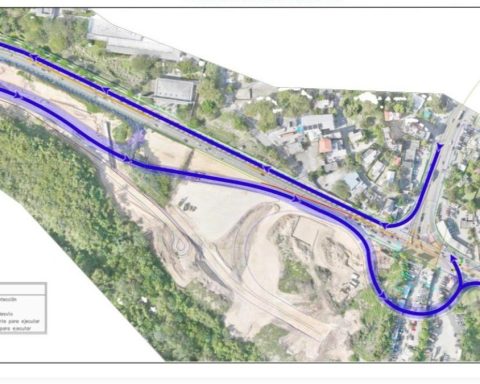-It seems that the instability of the cabinets in the Executive begins to move to Congress. Congressman Elera came out first after receiving a judicial conviction, and now Lady Camones for broadcasting the audio of the meeting with Acuña. What can we expect from the new President of Parliament?
—Both in the Executive and in Parliament, the rotation of those who are in charge of governing and legislating is high and unprecedented. In the Executive we have four cabinets, 83 ministers have sworn in, some portfolios with high turnover: 7 interior ministers and 5 in agriculture. Many were not qualified for the position and were replaced by others equal or worse. Thus it is impossible to make public policy. This Executive does not govern, and the last month and a half is organized around the defense of the president. On the side of Congress, we observe a division. Of the original nine benches, we now have thirteen. 33 congressmen have left their bench of origin and that shows the lack of firm adherence with the party for which they ran. Even among those that remain, there is a lack of cohesion. The turncoat is no longer a phenomenon, but is a frequent recurrence. In addition, there are differences, in some cases open and in others less so, between the bench and the party. This has been shown more clearly when, for example, the leaders, leaders or owners of parties benefit from early elections…
—As Keiko Fujimori has asked her bench…
—Keiko’s case is the most visible, but I don’t think it’s the only one. There is the desire of the congressmen, which is also legitimate, to stay the five years for which they were elected. And in the midst of this, the Acuña-Camones case occurred. It must be remembered that this Board of Directors was chosen as a result of a complex agreement between several benches. And two of its four members have already left. That had not been seen before. The new president has to be chosen, in the midst of a complex set of agreements. It is highly likely that a caucus member who is already represented on the Board of Directors will not be elected. And it will hardly be one of the extremes, like Peru Libre and the groups formed by the congressmen who came out of there, since they are still pro-government supporters. Here the issue is negotiation, and doing it among thirteen is not easy.
—So, would only Avanza País and Acción Popular be left?
—Not necessarily the most numerous bench is going to place the president of the Congress. Let us remember that in the year 2000, when Martha Hildebrandt was censored, Valentín Paniagua was elected, who was part of a bench of three congressmen. They reach an agreement not only because of their prestige and personal qualities, but because the government did not want one of the strongest and most numerous opposition, and the opposition did not want someone from Fujimorism.
“Could it be repeated?”
—Maybe now someone who doesn’t have a bench could also be elected. But the agreement they made in July to elect the Board of Directors was that if, for any reason, the president of Congress had to take over as head of state in a transition, they had to elect a new president. Now also, in addition to deciding who is elected, they would see for how long in the hypothetical case of a presidential succession. Right now everyone is doing numbers. There are four and even five more pro-government benches and three more opponents, but you have a large group of congressmen in the middle, and it is not even guaranteed that the benches will split at the time of the vote.
—The Constitution Commission has just put on the agenda the bills for early elections. Do you see a future for them?
—The party leaders would like elections as soon as possible and not wait for 2026. This opens up a new possibility for them. But the congressmen have been elected for five years, and they want to stay, even more so when they are prevented from being re-elected. They lose everything. It is a matter of incentives, which should be considered at the time of the negotiation so that the congressmen can yield. In the year 2000, the congressmen were compensated, but they also had the possibility of running for office again.
—What changes should be made in the event of an early election so as not to repeat what we are experiencing now?
—The congressmen at this moment do not have any initiative to vote for the early elections. They are interested in the vacancy. 33 congressmen have left their benches, thus disregarding the heads of the parties that brought them to Congress, and many others entered the party a short time before, so they do not feel the need to pay the price of shortening their term of mandate. Similarly, the President of the Republic has no desire to resign. For them stability is that, even at the cost of the deterioration of institutions and politics in general. There would have to be factors that encourage the advancement of elections, but it is not easy.
—If the vice president is disqualified and the president is vacated, general elections must be called. What modifications should there be?
—It is said that there must be a political reform before the elections. That requires a thorough agreement and debate. But there are two levels: electoral reform and politics. The first is the modification of the rules of the game of the elections, while the political reform includes changes in the institutions and their rules. People don’t want this Congress to do it, they want him to leave, just like the president. There must be a two-step reform: first the electoral one, and the commitment that some issues will be addressed by the next Congress in a year or less. The key points of the electoral reform are to carry out the primary elections suspended under the pretext of covid, that the parliamentary elections be in the second presidential round, eliminate the preferential vote, that those sentenced for terrorism and corruption cannot be candidates, among other crimes. So they have served their sentence. And the political reform will have to see the bicamerality, the elimination of the vacancy due to moral incapacity and include some measure that allows a kind of impeachment of the president.
“And the re-election?”
—The non-reelection is showing its perverse side. This Congress is one of those not re-elected and the quality is getting worse and worse. Politicians need to be able to have a political career, and the voter will decide if he gives them his support. Consequently, there must be re-election in Parliament, and in the same way for regional governors and mayors. The only thing that should be limited is presidential re-election.
